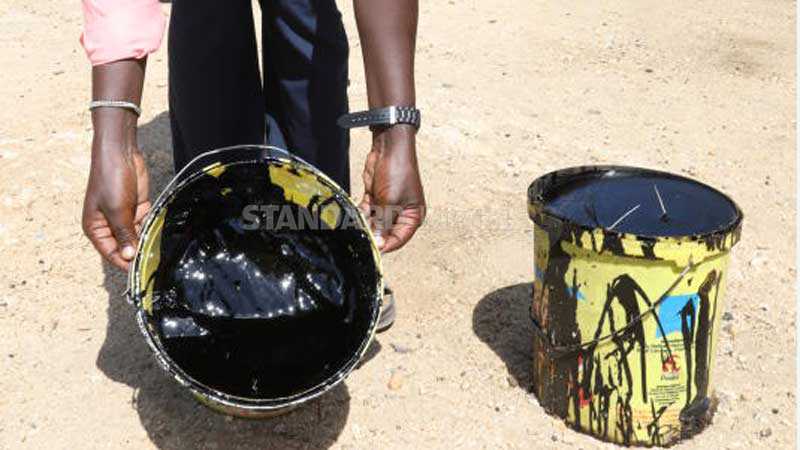×
The Standard e-Paper
Join Thousands Daily

Storage facilities at the Mombasa refinery are being spruced up to start receiving crude oil from Turkana, the Kenya Pipeline Company has said.
The company, which entered into a three-year agreement to lease the Kenya Petroleum Refinery Ltd (KPRL) facilities, said it would have tanks with a capacity of 270 million litres ready to store crude oil for export under the Early Oil Pilot Scheme.